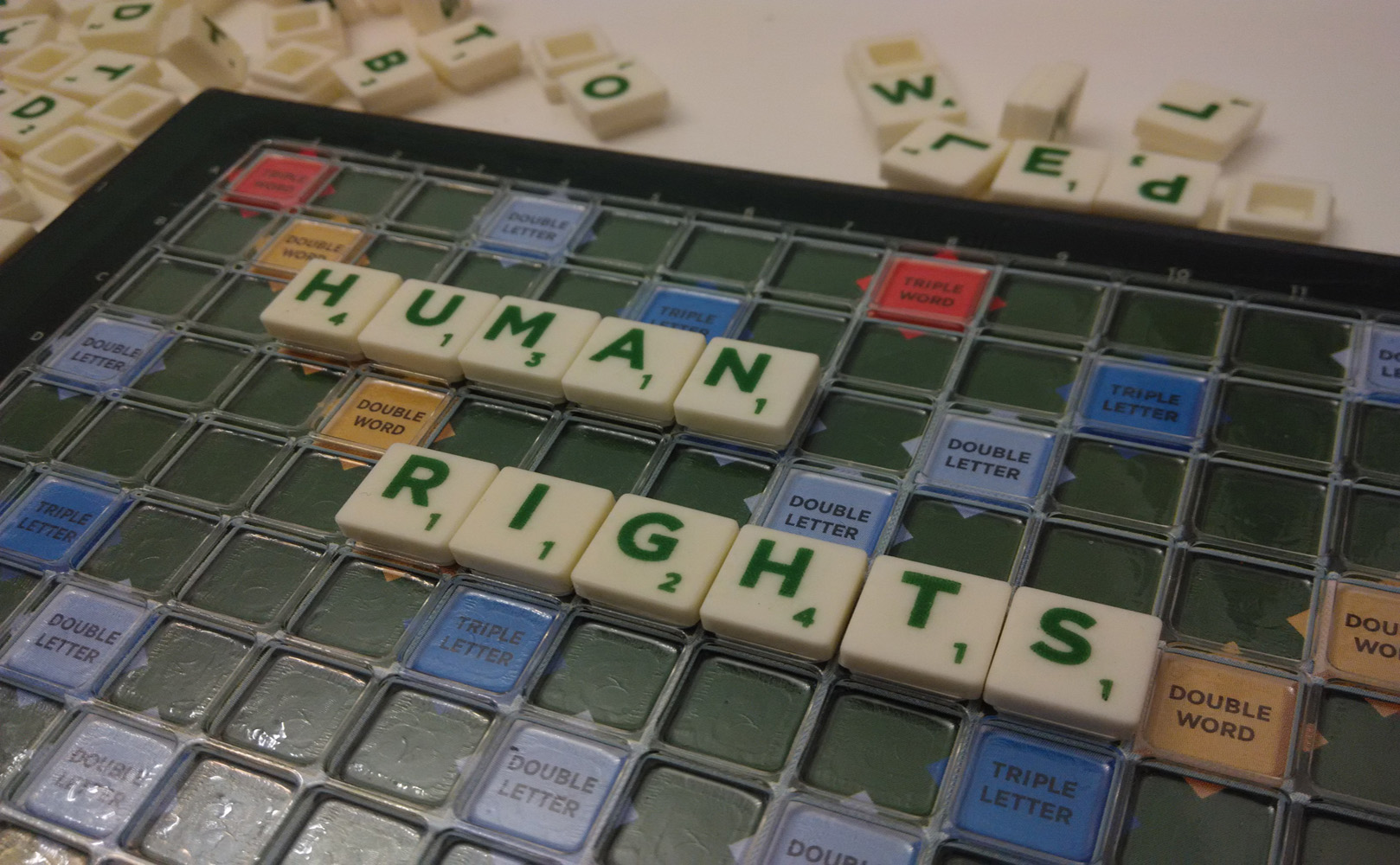On February 15-16, 2016, US President Obama hosted 10 government leaders from the Association of Southeast Asian Nations (ASEAN) for a summit in California.
For decades, the US has continued to forge closer ties with ASEAN. However, most of ASEAN’s members have extraordinarily poor human rights records. Problems include lack of basic freedoms of expression, association, and peaceful assembly, failures on women’s rights, the political use of courts, high-level corruption, lack of protection of refugees and asylum seekers, and human trafficking.
One particularly egregious example is the invitation for Thai Prime Minister Gen. Prayut, who took power in a 2014 coup, dismantled democratic institutions, and has led a relentless crackdown on dissidents. Prayut has consistently delayed the date for a return to democratic rule, allowing the army to continue managing the country.
Prime Minister Nguyen Tan Dung of Vietnam and President Choummaly Sayasone of Laos preside over one-party authoritarian states that deny basic freedoms and use censorship, detention, and torture to maintain their hold on power.
Brunei’s Sultan Hassal Bolkiah is one of the world’s few remaining hereditary government leaders and has imposed a near complete ban on freedoms of expression, association, and assembly. He plans to impose further Islamic law punishments, including whipping and stoning, for adultery, sex between unmarried persons, and homosexual activity.
The Malaysian Prime Minister Najib Razak retained power in 2014 after a deeply flawed electoral process in which his party, which has been in power since 1967, lost the popular vote. Implicated in a major corruption scandal, he has engaged in a crackdown on opposition, civil society organizations, and media.
Cambodia’s Prime Minister Hun Sen has ruled for over 30 years, maintaining power through intimidation, stolen elections, a coup, and political prosecutions. He is implicated in possible crimes against humanity committed in the mid-1970s when he was a commander in the Khmer Rouge.
ASEAN as an institution remains stubbornly hostile to human rights. Meanwhile, the United States has forged closer ties with ASEAN. In November 2015, the United States signed the Trans-Pacific Partnership (TPP), an economic and trade agreement that includes Vietnam, Malaysia, Singapore, and Brunei. The message of the US to ASEAN in recent years appears to have been: Please reform and improve your human rights record, but we’ll reward you with closer ties regardless of what you do.
A better approach for Obama to use the Asia rebalance to promote democracy and human rights would be for the United States to link its diplomatic rewards more explicitly to concrete improvements on human rights. President Obama would do better to speak publicly about the very serious human rights problems in ASEAN countries, offer assistance in reform efforts, and press ASEAN leaders to work directly with civil society leaders and the general public to build rights-respecting democracies.
On 11 Feb. over 100 parliamentarians from across Southeast Asia sent a joint letter to President Obama, urging him to make discussion of human rights and democracy a priority in the Summit.
Meditation on Scriptures
“Speak the truth to one another. In the courts, give real justice – the kind that brings peace. Do not plan ways of harming one another. Do not give false testimony under oath. I hate lying, injustice, and violence.”
(Zechariah 8:16, 17 <GNB>)
God’s requirement of truth, justice, and respect for human dignity and security cannot be clearer.
- Pray that USA will mainstream human rights in her engagement with ASEAN.
Sources:
http://www.hrw.org/news/2016/02/10/human-rights-shouldnt-be-sidelined-asean-summit





